It’s the world’s most commonly consumed drug, and for many good reasons. Caffeine’s history stretches as far back as the discovery of tea in China and coffee in Africa — yet unlike other natural psychoactive substances, it alone has managed to stay within the law and become a symbol of the modern-day working class due to its unique properties.
While drugs like cannabis and opium produce a sedative and/or euphoric high, caffeine is only mildly addictive, and yet very effective at making us get off our bums.
#1. It’s legal, even under the age of 21.

Caffeine, being legal for absolutely anyone, is probably the least dangerous drug to purchase on the planet. However, do note that it isn’t a good idea to drink lots of coffee before or during puberty, due to its potential for robbing teens of important sleep.
#2. Most religions allow coffee.

Some Christian denominations, and religions like Islam and Buddhism prohibit the consumption of alcohol and other drugs. However, even the staunch, meditative monks of a Tibetan monastery agree that a cup of Joe before a little metaphysical wandering can be a real spiritual booster. Coffee is enjoyed by pretty much everybody, except for Mormons and the Rastafari.
#3. It boosts productivity.
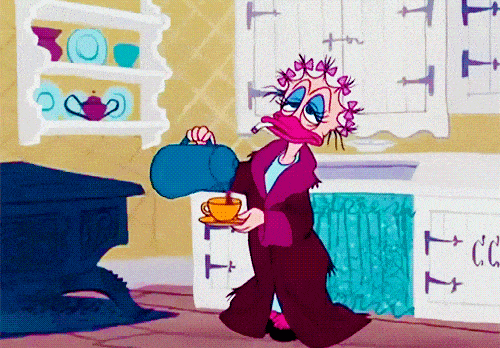
Coffee stimulates the heart, acts as a diuretic, and eliminates grogginess after sleeping. Caffeine itself is separated into several chemical compounds in your body — these affect your brain in numerous ways, making you more alert, increasing your capacity for memorizing things, increasing the flow of oxygen to the brain and nutrients in your bloodstream.
#4. It keeps you awake and clears your head.

Caffeine’s most direct effect on the human body is its ability to keep you awake. During the day, your body’s adenosine content builds up until your adenosine receptors tell you to sleep, during which time your body clears out the adenosine so you get a fresh start in the morning. Caffeine blocks all your adenosine receptors, preventing them from picking up on your adenosine, keeping you alert and awake (until you crash). Timing your coffee intake is key to preventing restless nights and boosting productivity properly.
#5. It’s a valid (and clean!) pre-workout drink.

Due to its diuretic properties, ability to stimulate heart rate and oxygen flow, and possible boost in athleticism, caffeine is a cheap and easy way to boost your body for an early morning or early afternoon workout. Because it boosts your metabolism, it’s a decent option if you’re trying to crunch numbers to burn as much fat as possible, as quickly as possible. Caffeine’s capacity for boosting athletic performance is still under review, and it’s being watched for as a potential doping substance at very high levels.
#6. It’s one of the most historically influential substances.
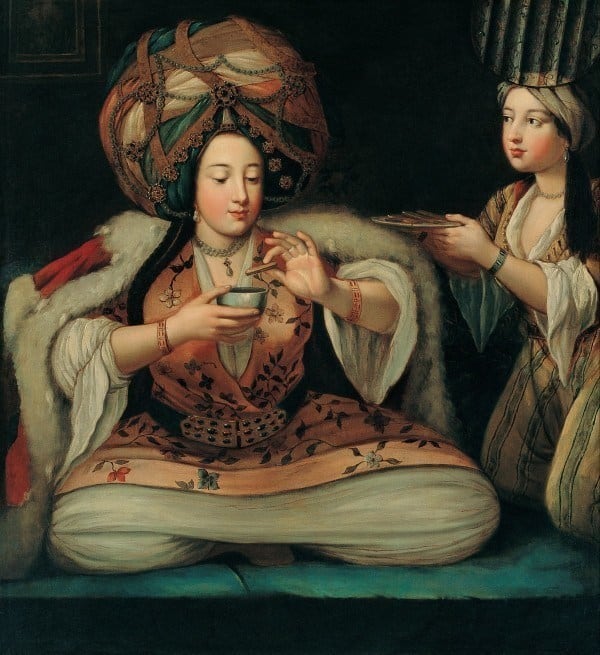
Coffee was first discovered growing wild in Ethiopia, and after generations of cultivation was one day, perhaps accidentally, roasted and brewed in the 15th century. From then on, the brew traveled from Africa through to the Middle East, where coffee houses in Turkey became a melting pot for business ideas and trade deals between Europe and Asia. Modern studies show that coffee boosts not just productivity, but sociability as well — how much did the beverage help smooth along industrialization and globalization, and how much does art owe to caffeine? A lot.
#7. You can get it in any number of delicious ways.
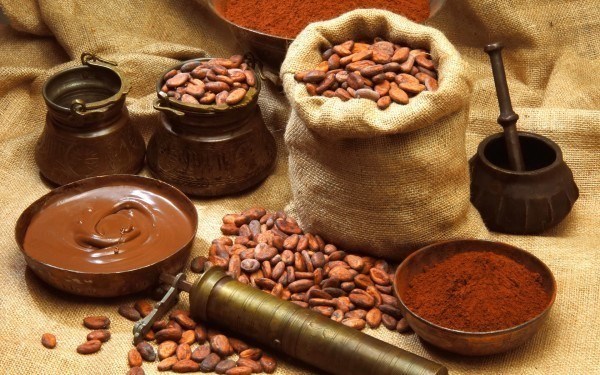
Caffeine doesn’t just come in coffee — it’s abundant (although less so) in tea, cola leaves, cacao beans, yerba mate and guarana leaves as well. Artificially, you’ll find high amounts of caffeine in Coca Cola, Mountain Dew and any number of energy drinks and gels. Keep an eye on your intake: the average threshold for adults is 400mg a day, or about four to five 8-ounce cups of brewed coffee.
#8. Nature pairs it with other drugs.
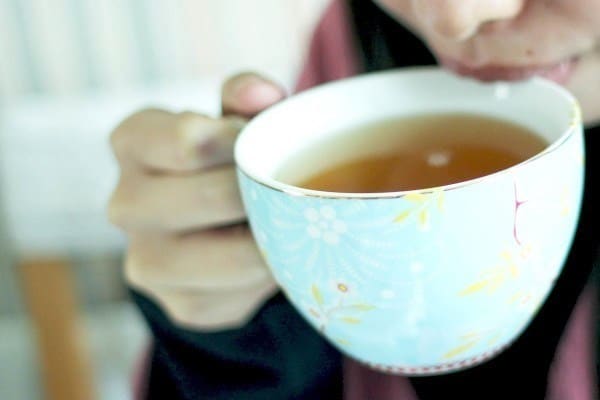
Caffeine isn’t always alone — while it’s the primary active component of coffee, caffeine comes with an extra dose of theobromine in cacao, and L-theanine in tea. Theobromine is a drug that promotes oxygen and blood flow to the brain, although it isn’t quite as potent as caffeine in regular doses. More interesting is the combination of caffeine and L-theanine in tea — when paired with the amino acid, caffeine boosts productivity, alertness, and “flow” even more than when it’s used on its own. It also improves focus and reduces the jittery, anxious symptoms of caffeine consumption.
#9. It’s everywhere.
![c8761165800a40b678737c4ec7d5c59436016c024ae5b690069fed031385d157[1]](https://pulptastic.com/wp-content/uploads/2015/10/c8761165800a40b678737c4ec7d5c59436016c024ae5b690069fed031385d1571.jpg)
Global production and consumption of coffee is at around 150 million bags a year — most Americans drink coffee or some other form of caffeine on a daily basis, and where coffee isn’t consumed as much, tea’s #2 spot as most consumed beverage besides water proves that caffeine in one form or another is irresistible to mankind. But there’s a decline. Coffee prices are ready to spike alongside chocolate as demand outstrips supply, and droughts everywhere aren’t helping.
#10. It’s addictive — but not too addictive!
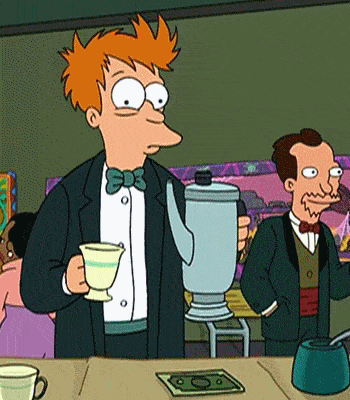
Caffeine shares the physical properties of an addictive drug — it prompts a reward system in the brain, causes withdrawal symptoms, and makes individuals build a resistance to its effects with excessive consumption. It hijacks a natural process of the brain and replaces it with something else, which makes it more of a “true” addictive drug than, say, sugar or fat. But in terms of negative effects, it’s nowhere near the likes of more dangerous, illegal drugs.
Pro tip: wean yourself off coffee once a month with tea, and then jump back on the wagon for a stronger high.

